Fiji favourites: Our guide to the best luxury product across this 300-island nation
Forget welcome drinks. When guests check into the five-star Jean-Michel Cousteau Resort Fiji on Vanua Levu, they are treated to a complimentary 10-minute foot massage. It’s a brilliant step up from the customary cocktail, and when a smiling lady with a red hibiscus flower behind her ear arrives at my beachfront villa to massage away the stresses of travel, it’s a clear sign that in Fiji, holidays are refreshingly different. Deciding where to start in this enchanting South Pacific archipelago of some 300 tropical islands is easy – there’s only one international airport, Nadi, which lies on the west coast of the largest island, Viti Levu. Some travellers get no further and for good reason.
There’s plenty to enjoy here, with a string of beach resorts lining the southern Coral Coast that work well for families and anyone up for an adventure, such as the 40-acre Outrigger Fiji Beach Resort where the hilltop Bebe Spa, with its panoramic view out to sea, is a standout feature.
Most thrills are centred around Sigatoka, aka Rugby Town (Fijians are obsessed with the sport), and a mountain ridge north of Nadi known as the Sleeping Giant. Unlimited rides are a chief lure at the Jurassic Park[1]themed Sleeping Giant Zipline, while a Tifajek mud bath is a fun way to have a laugh and pamper your skin.
Top of any to-do list should be the half-day Sigatoka River Safari, which pairs an insightful visit to a traditional village with a jetboat ride along Fiji’s longest river – expect a thorough soaking when the captain does 360-degree spins. And who knew Fiji had colossal sand dunes Framed in the country’s oldest national park, these rise to 80 metres and offer terrific hiking combined with far-reaching coastal vistas.
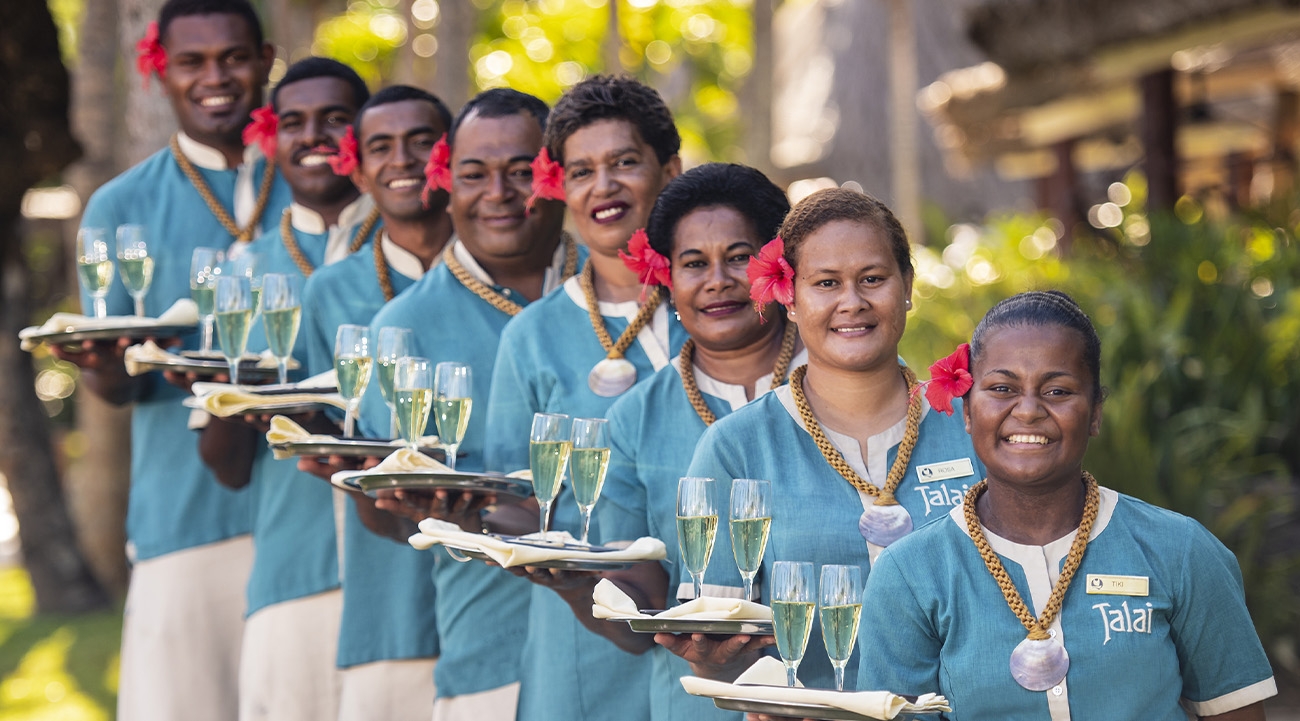
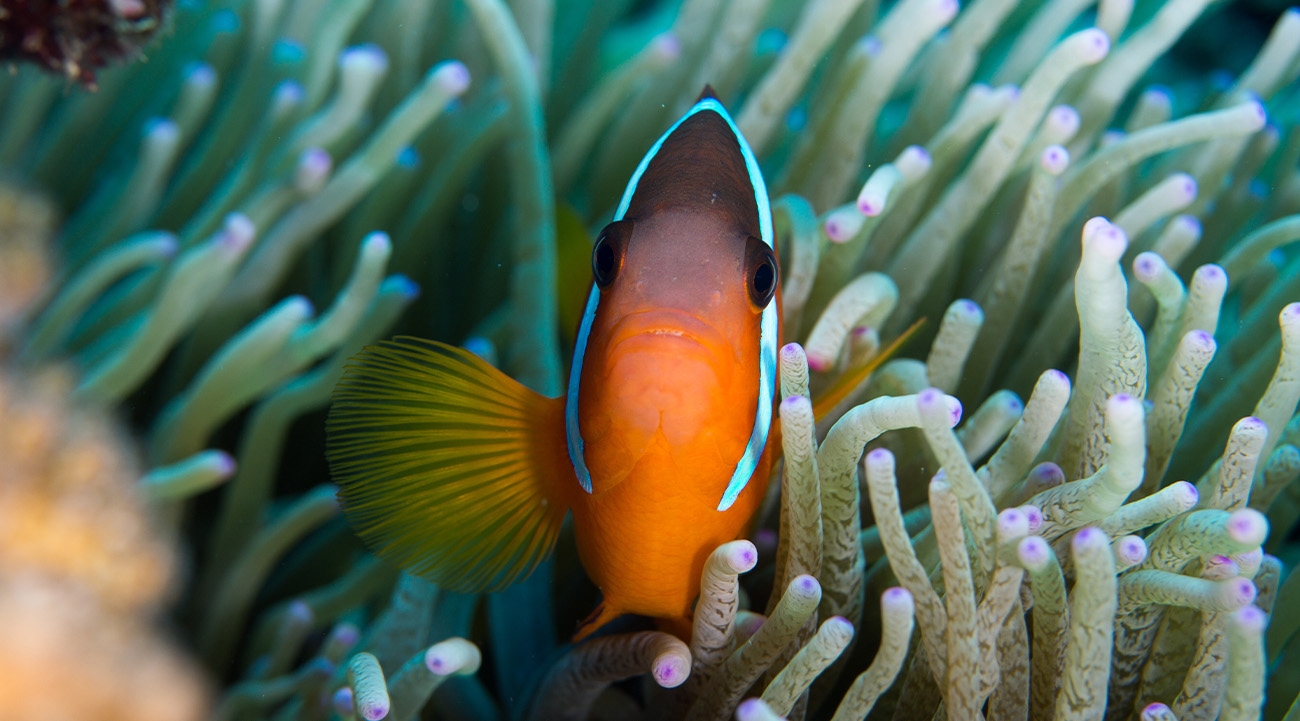
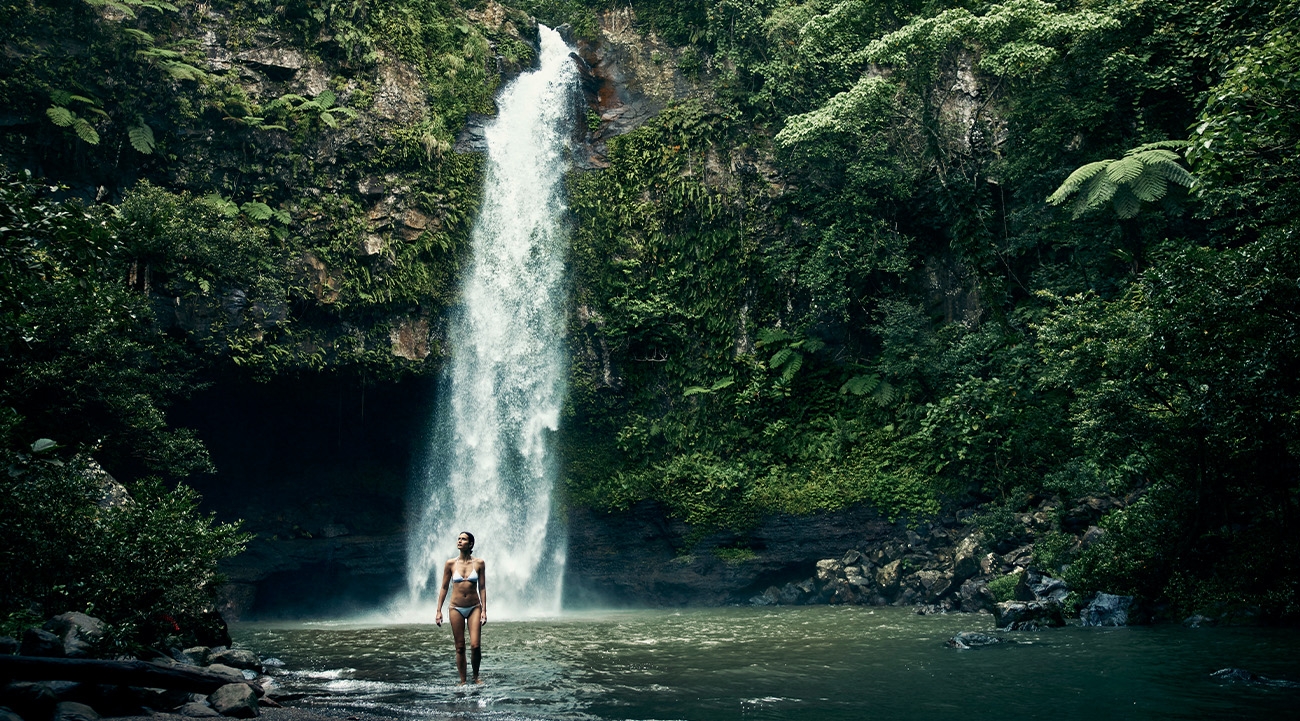
Cultural and natural highs
Many travellers rightly assume Fiji is ideal for a castaway escape on a romantic, palm-fringed island, but that’s not the only reason to visit. Once home, what everyone talks about is their encounters with the super-friendly Fijians and their well-preserved cultural traditions centred around family, religion and community. The first word every visitor learns is bula, which is so much more than hello – if I’d had a dollar every time it was said to me on my two-week tour I’d now be happily retired. Fijians welcome travellers in a sincere and heartfelt way and there’s little sense of the tourist churn you find in more trafficked destinations.
Many resorts put on a spirited meke (traditional storytelling dance) with grass-skirted performers. It’s the same with the kava ceremony – a serious ritual celebrating a revered drink made from the powdered root of the pepper plant. Muddy-hued and non-alcoholic, this tipple left me unmoved, but I loved staple Fijian dishes such as kokoda (ceviche), palusami (taro leaves with coconut cream) and pork cooked in a lovo (underground oven). You can also add delicious curries – Fiji has a sizeable Indian community descended from indentured labourers first brought here in 1876 to work on the sugar plantations.
Figures released by Tourism Fiji show that the average stay for UK visitors in 2022 was 16 nights, with a 98% satisfaction rating. It’s a sign that the country is much more than a South Seas stopover en route to Australia or New Zealand, and a good part of this is down to the amazing sights that await underwater. As veteran oceanographer Jean-Michel Cousteau puts it, “the quality of the ocean in Fiji is the best you can find”. Don a snorkelling mask or dive suit and you can be assured of warm, clear waters pulsating with radiant corals and brightly coloured fish along with reef sharks and turtles.
One of the most scenic spots to do this is the Yasawa Islands, a chain of jagged volcanic peaks in the northwest. These can be reached on a scenic cruise by a high-speed catamaran that calls into various idyllic resorts, like a bee flitting between gorgeous flowers. At the Paradise Cove Resort on tiny Naukacuvu Island captivating snorkelling awaits simply by stepping from the beach, while a brief boat trip away lie vivid coral gardens and a channel where migrating manta rays can be seen from May to October.
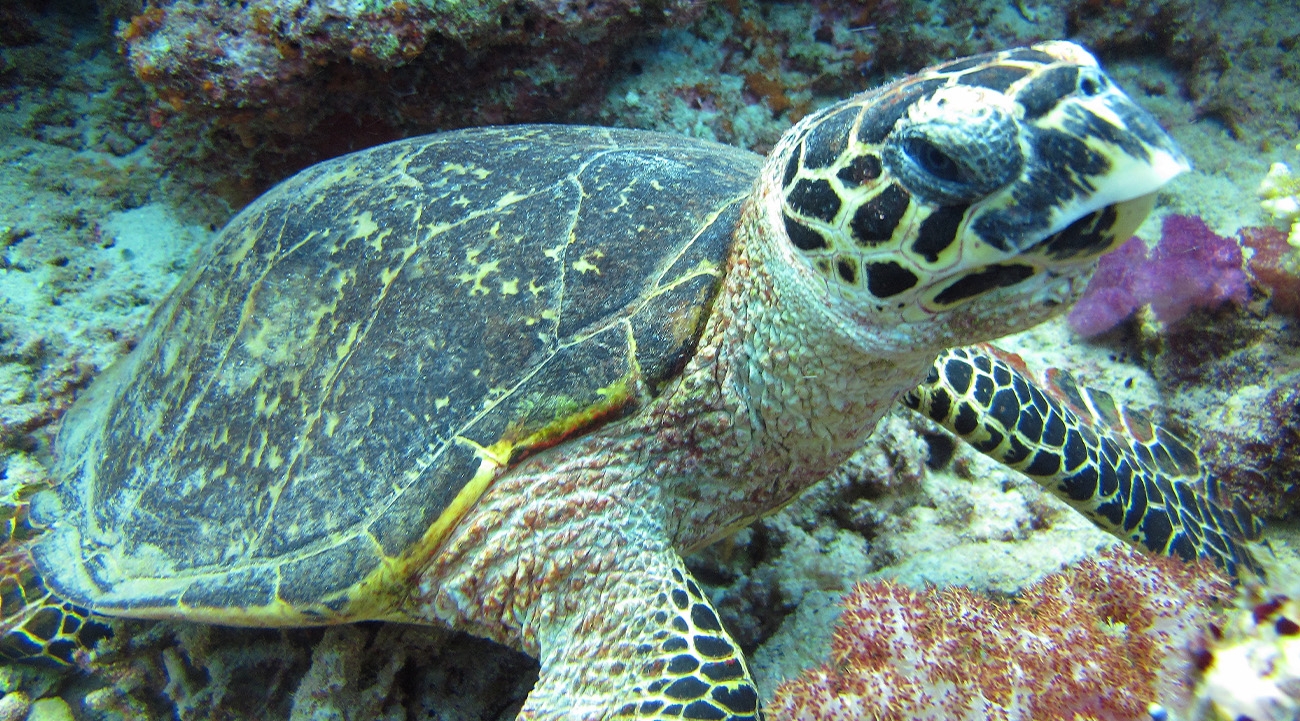
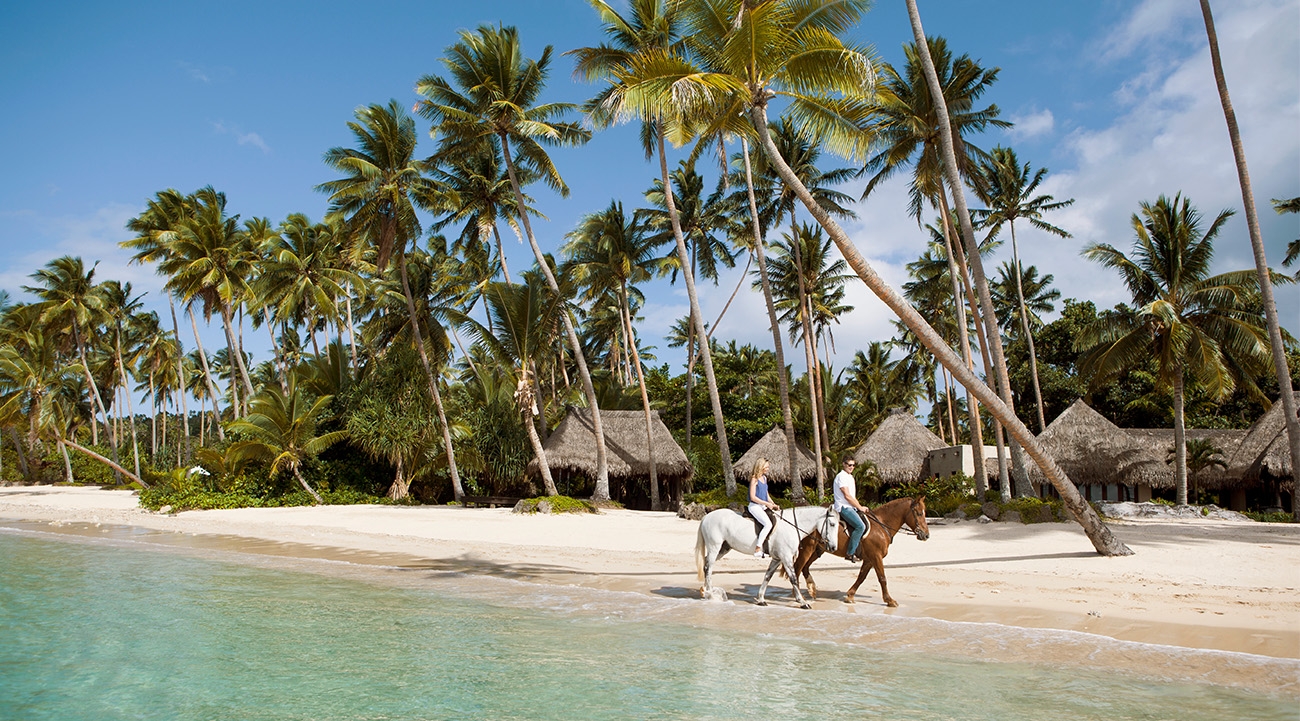
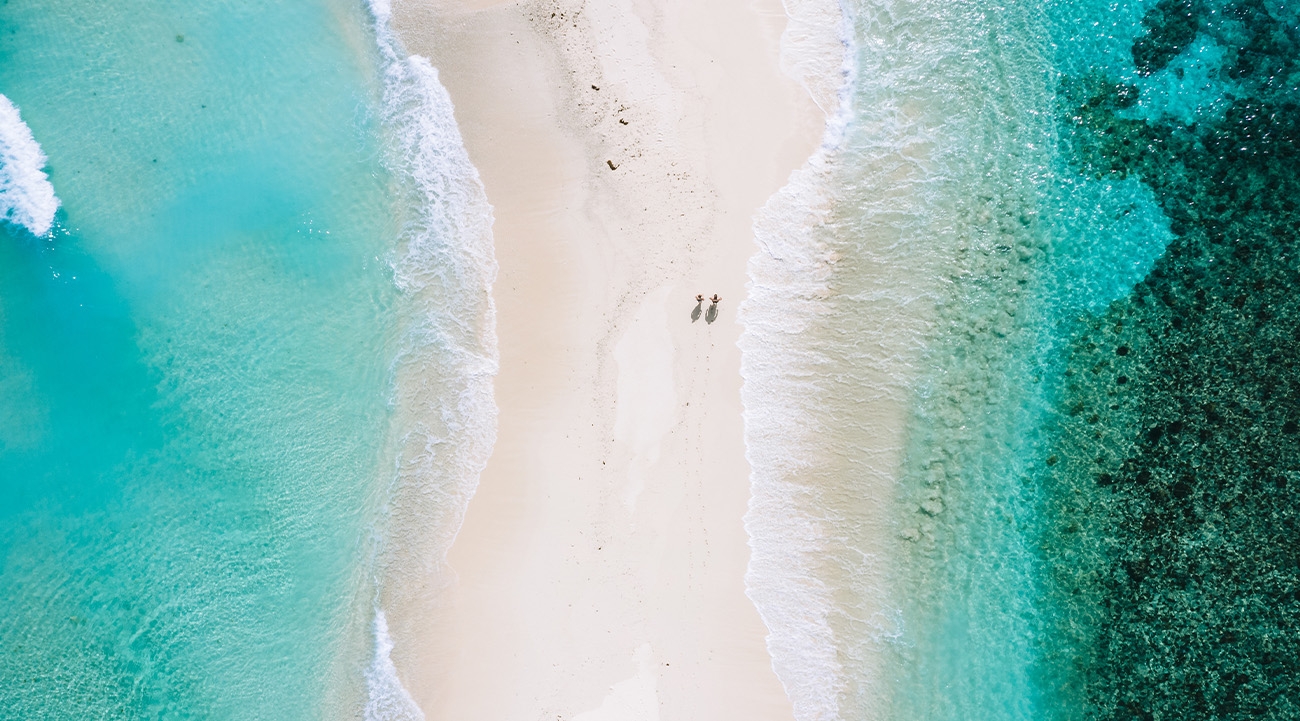
Dream escapes
For high-end clients with something to celebrate, or whosimply request only the very best, there is an attractive range of one-stopresorts set on picture-perfect islands. Many have passion-project owners whohave gradually developed them, and there’s none of that desperate urge toimpress you can come across in Dubai or the Maldives. One resort ideal forhoneymooners and ‘relaxees’ (older couples with time and money) is adult-onlyTokoriki in the Mamanuca Islands, which enjoys consistently high occupancy rates.
As well as having a golden, half-mile beach, it benefitsfrom being just a 15-minute helicopter flight from Nadi. Landing on its woodenjetty, smiling staff in flowery shirts sing a rousing welcome song. Tokoriki issmall enough to kayak around in an hour and its rates include complimentarysnorkelling trips.
Popular activities include a private beach picnic on MonuIsland and a package offering unlimited massages over a three-day period. Whilemost weddings are held on the beach, there’s also a delightful stone chapelwith stained glass windows. A ‘romance coordinator’ is also on hand to tailorthose special moments. The 36 bures (huts) and villas come free of TV, phone orinternet and are exquisitely composed with warm woods, patterned robes andoutdoor showers. Culinary highs are assured at a teppanyaki chef’s table thatonly seats four couples, while breakfast or lunch can be served in your villapool on a floating tray.
For a trip to the very best the South Seas can offer, lookno further than Como Laucala Island. This ultra private island in the east ofFiji was once owned by publishing tycoon Malcolm Forbes and was then bought in2002 by Dietrich Mateschitz, the Austrian co founder of energy drinks companyRed Bull, who passed away in 2022. Celebrity guests have included GeorgeClooney, Oprah Winfrey and Elle Macpherson, plus a host of top musicians andsports stars, but this is an escape more suited to lovers of nature than thestarstruck.
Mateschitz designed this ultimate escape to be sustainable and self-sufficient, a mission Laucala’s English general manager, Gary Henden, is continuing. Joining him for an early morning bike ride, I’m impressed by how much of the island remains untouched, while offering guests everything they could possibly want, from a never crowded golf course and equestrian centre to a vast, palm fringed lagoon pool with a second, glass walled infinity pool inside. The 24 villa-sized residences are a triumph of serene indoor outdoor living with multiple baths, daybeds and a private pool.
“Some guests never leave them for days,” my tau (butler) confides. “What are they doing ” I ask. “Suduko ” “Maybe not,” she replies. Given that so many ‘toys’ are included in the all inclusive rates, such as jetskis, waterskiing and sunset cruises on vintage yachts, it seems rude not to try something out. Whisked down to the marina by golf cart, I step aboard an immaculately restored Croatian sailboat built in 1918.
As we set off for a gentle chug around the neighbouring islands, relishing the evening light and tranquillity, a uniformed waiter magically appears on deck with a chilled bottle of Moët & Chandon and a tray of canapés. “Bula!”, he says with a big grin, as I mentally clock up another imaginary dollar.
Spa bliss
There’s an interesting twist when you book a traditional Fijian bobo massage. Instead of getting on a couch I’m invited to lie down on a mattress on the floor. A skilled therapist then uses their hands, forearms, elbows and feet to tease out all those aches and pains over the next hour.
It’s the nicest way I know to get walked all over, and the aromatic oils put me in a mellow mood as I drift off to the sound of singing birds and a warm breeze ruffling the palms outside. Treatments invariably feature coconut oil and cream, tropical fruits such as pineapple and papaya, and flowers such as hibiscus and mokosoi (ylang ylang).
Sometimes the body is wrapped in banana leaves to help the absorption of vital minerals while oil extracted from the candlenut tree and island-grown sugar are used in exfoliating scrubs. Baths are indulgently filled with colourful petals or freshly harvested coconut milk for a revitalising soak. Many top-end hotels here offer complimentary yoga and with the islands’ sunshine, natural beauty and unhurried lifestyle, a sense of wellness comes easily: the Fijians call it maucokona, meaning complete.
